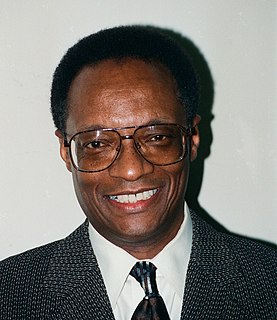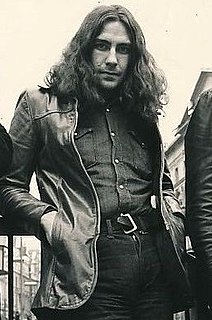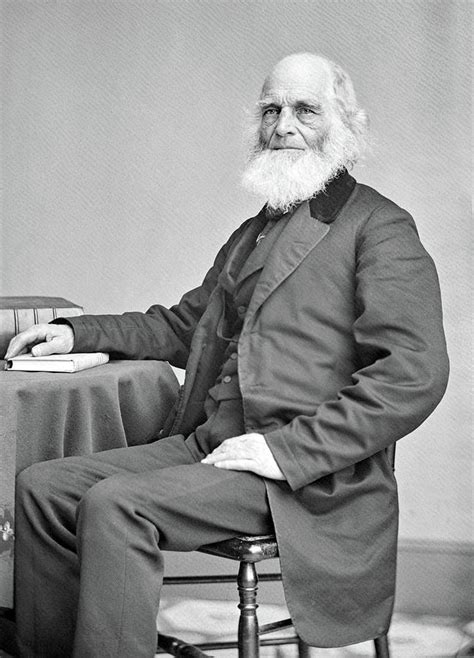Цитата Генри Роллинза
Если раб повышал голос на своего хозяина, он рисковал подвергнуться всевозможным наказаниям. Тем не менее во многих случаях было возможно возвысить свой голос в песне. Это было основным ингредиентом того, что сейчас известно как блюз и госпел. Жестокие похитители, возможно, считали рабов недочеловеками, но благодаря музыке они были гордыми и достойными.
Связанные цитаты
Все исходит из одного, все исходит из Духа. Джаза не было бы, если бы не госпел, блюза не было бы, если бы не духовный блюз, который восходит к песням рабов, которые пели наши предки, когда они были в поле. Так что это все один непрерывный рост от одной группы людей. Конечно, сейчас джаз играют представители разных культур и цветов по всему миру. Но стимул - Один Голос.
Когда я думаю об Озе, когда он был подростком, я просто вспоминаю, какой у него был превосходный блюзовый голос. У него был большой голос. Когда мы исполняли песни Эйнсли Данбара «Warning» и «Black Sabbath», его голос был таким правильным. Он действительно круглый, и в его голосе чувствуется внутренняя боль.
Негры этого региона — веселая, беспечная, грязная раса, нетрудолюбивая и во многом снисходительно к ней относящаяся. Конечно, хозяин желает, чтобы его рабы были трудолюбивыми; с другой стороны, это решимость раба вести как можно более легкую жизнь. На стороне господина сила наказания; раб, с одной стороны, обладает непобедимой склонностью и тысячей приемов, усвоенных в результате долгой практики... Добродушное, хотя и несовершенное и неряшливое послушание с одной стороны, покупается хорошим обращением с другой.
Ожидание - это низкий, хриплый голос Джона, но я просмотрел его ранние записи, и там были песни, в которых голос был настолько другим, что я даже не был уверен, поет ли это он ... Так что это было интересно мне, что мы увидим, как он развивает звук Человека в черном. Я подумал, что очень важно, чтобы его голос менялся по мере того, как его личность постепенно затвердевала. Музыка была действительно дверью в образ.
Питер встал, прочистил горло и начал тихо напевать, а затем запел, медленно наращивая песню по мере того, как его голос очищался. Он нашел старую мелодию, песню Солнечной Птицы. И пока он пел, когда его богатый голос эхом отдавался от высоких утесов, птицы и феи поддавались ему, и вскоре мелодия разносилась по всему саду.
Теперь я прожил достаточно долго и достаточно наслушался от мальчишек моего возраста и других рабов, чтобы не доверять тому, кто называет себя милосердным, или справедливым, или добрым. Обычно это самые жестокие, скупые и корыстные люди, и рабы учатся бояться хозяина, который предваряет свои замечания данью собственным добродетелям.
Гигант поднял кулак, и сон прорезал голос. "Лео!" Джейсон тряс его за плечо. «Эй, чувак, почему ты обнимаешь Найк?» Глаза Лео распахнулись. Его руки обвились вокруг статуи размером с человека в руке Афины. Должно быть, он ворочался во сне. Он цеплялся за богиню победы, как цеплялся за свою подушку, когда ему снились кошмары в детстве. (Боже, это было так неловко в приемных семьях.) Он выпутался и сел, потирая лицо. — Ничего, — пробормотал он. «Мы просто обнимались. Эм, что происходит?




































